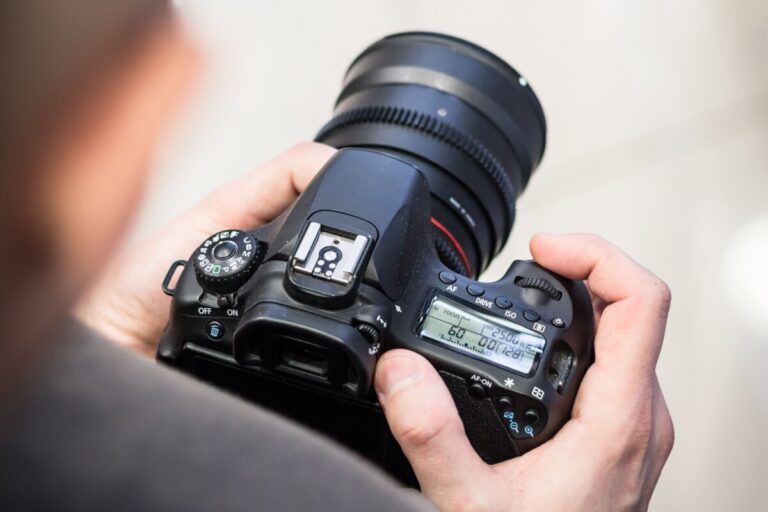MSF International under increasing pressure over graphic & identifiable images sold on photo platforms

MSF International is under pressure to stop the sale of graphic photographs of identifiable and vulnerable people taken at its facilities, including rape survivors, and sexually abused, naked, and dying children.
With many such images readily available on photo agency platforms, the ethics of charities using and selling photos like these – or allowing this to happen – are increasingly being challenged as awareness of the issue grows. Benjamin Chesterton, Production Director at film production company Duckrabbit has been drawing attention to the selling of photos taken at MSF International facilities since last November, with his tweets receiving over 1.6mn impressions and numerous comments expressing horror and outrage.
Two of his threads here explain how some of the photos are being used:
Advertisement
Commenting, Chesterton said:
“The most significant issue at play is a massive failure of medical ethics in facilitating the exploitation of their patients.
“Their business models, which includes allowing photographers to sell photos of fully identifiable sexually abused children, a criminal offence in the UK, presents a clear risk to children of colour. It’s completely immoral.
“I would imagine that if the photos were taken in Europe they’d be under investigation by multiple agencies for breaching GDPR law and failing the most basic of medical ethics (patient confidentiality) as well as serious child protection issues.”
Photo library response
Getty Images, one of the platforms where some of the photos in question are available for sale, responded to UK Fundraising via a spokesperson saying that images on its site were for editorial purposes only, cannot be used for commercial or merchandising use and may only be used in connection with events or topics that are newsworthy or of general public interest, adding:
“While Getty Images does not license content on behalf of Médecins Sans Frontières, we do have editorial content for license on our site that includes documentation of MSF facilities and crisis response efforts around the world. At Getty Images we have a responsibility to provide faithful and comprehensive documentation of the events that we cover, and we do not take lightly the decision to publish this and other similar images. Our editorial photography and footage informs people and public policy. We always endeavour to maintain the balance of an individual’s right to privacy with our obligation to cover the story in the public interest of exposing difficult issues.”
Most of the focus however has been on getting MSF International to address the problem. In addition to the campaigning on social media, last month a letter to MSF signed by 100 professionals urged an independent inquiry into how fully identifiable photos of people in vulnerable positions end up being published in marketing materials and whether consent is obtained (among other questions).
MSF International response
In a statement published last Friday, MSF International said it was committed to tackling the issue but noted that it does not control the usage rights or profit from the sale of these images by photo agencies.
The statement begins:
“Médecins Sans Frontières (MSF) has been rightly challenged in recent weeks, both internally and externally, about the use of sensitive photography involving patients in our care. As the global directors of communication for MSF, we want to thank those who have highlighted problematic images and questioned our practices. This scrutiny has prompted us to take some immediate action, as noted in a statement last month by MSF’s International President. We are also engaging in deeper reflection about the ways we portray people caught in crisis.
“Our vital work of bearing witness must be guided by humanitarian principles and medical ethics. We must always respect the dignity and agency of the people we treat. We are now working across multiple fronts to better manage the collection, use, dissemination, and storage of photographs and video taken at our medical projects. This includes visual material commissioned by MSF as well as content gathered by news organisations and independent photographers. We have a clear duty to protect the safety and wellbeing of patients in our care.”
Among its actions, it says it is accelerating a full review of its media archive, reaching out to photo agencies and individual photographers to ask them to restrict access to problematic imagery, and reviewing its contracting and licensing procedures, and its content production guidelines.
It also said that anyone wishing to report sensitive imagery related to MSF’s work can contact it via email at av*********@ms*.org.



